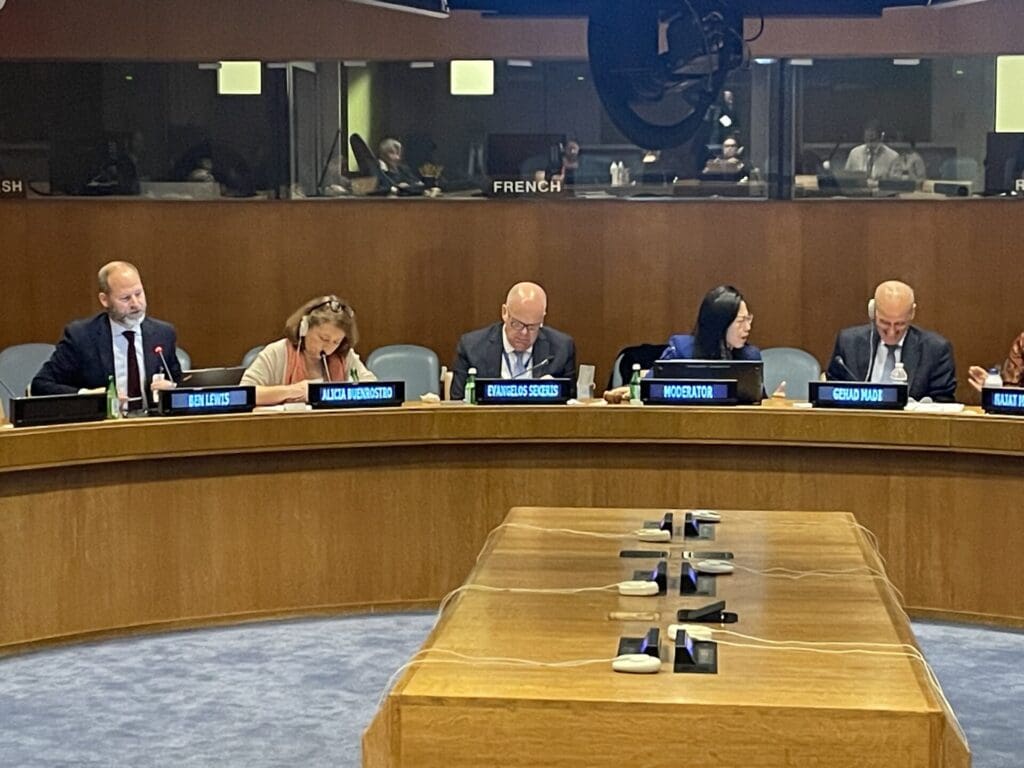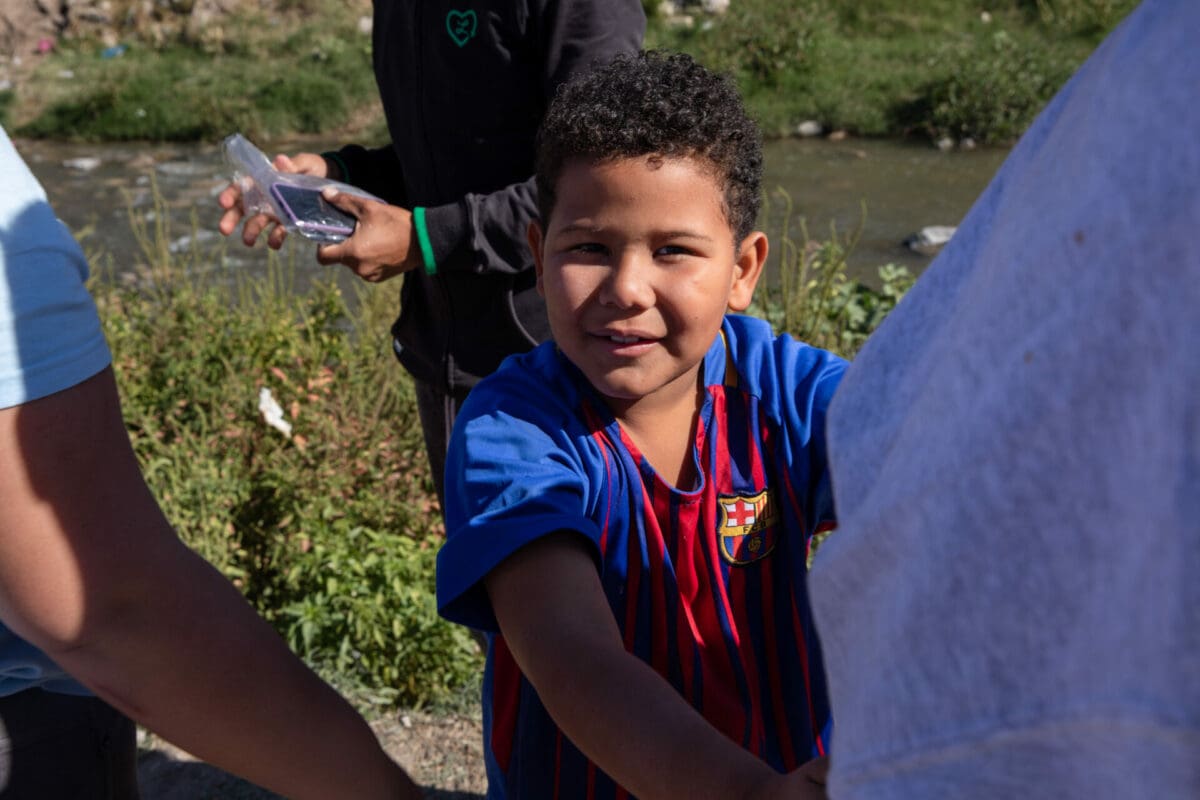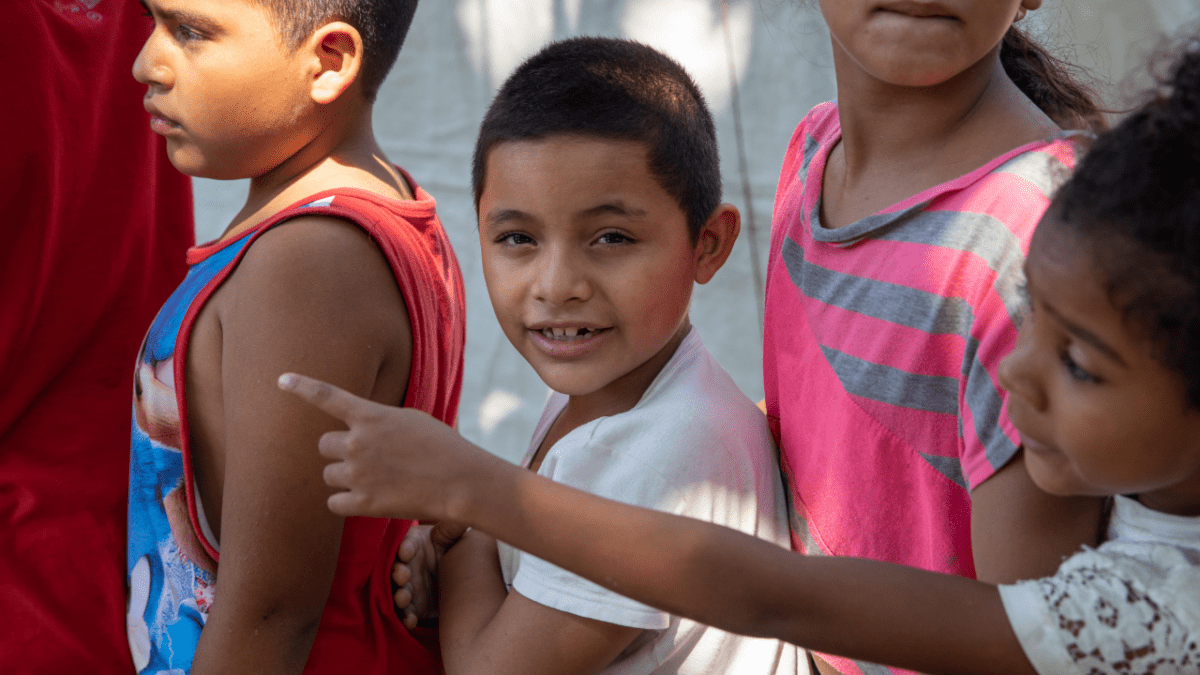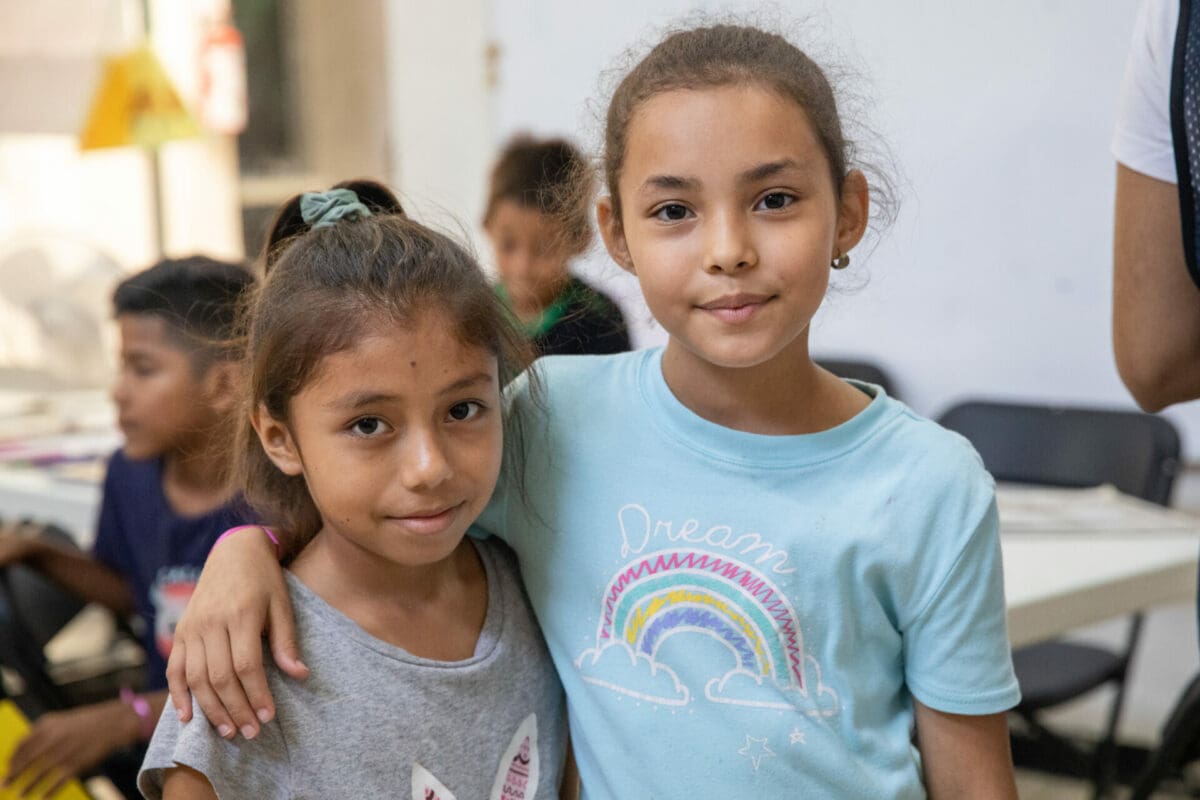New York, New York – KIND, the UN Special Rapporteur on the human rights of migrants, the Permanent Missions of Mexico and Greece to the United Nations, and UNICEF co-sponsored a high-level panel October 22 at the United Nations to launch the UN Special Rapporteur’s first report to the UN General Assembly, Children are Children First and Foremost: Protecting child rights in migration contexts, and provide an opportunity for Member States, UN agencies, and civil society to discuss the report’s findings. The report marks the first time in over a decade that the Special Rapporteur’s mandate has dedicated a report to the issue of migrant children. It stresses how countries need to prioritize the rights and protection of children on the move, regardless of their immigration status, particularly as these children face reduced access to safety amid increasingly restrictive migration policies that do not consider children’s needs.
“It is critical to bring children’s rights to the fore of discourse on human rights and migration,” said the Special Rapporteur, Mr. Gehad Madi. Little progress had been made on protecting children on the move since his predecessor’s last report on child migrants in 2009, he said. The report stresses that regardless of a child’s immigration status, their best interests and human rights, including right to life, survival, and development, non-discrimination, and to be heard, must be respected and guide decision making and action involving child migrants. About 13 percent – or 35.5 million – of the world’s 281 million migrants are children under the age of 18.
“A child’s migration or refugee status may change several times during their migration journey,” Madi said. “But their primary status is their childhood. No matter where they are from and why they and their families move, children in migration contexts are children first and foremost, with the same human rights as all children. Rights that do not cease at borders.”
The report also identifies several key issues for priority action, including two critical areas warranting further consultation and immediate attention by governments, UN actors and civil society: the protection of family unity and family life, including facilitation of family reunification, and the prevention of statelessness. During the event, Madi stressed the importance of preventing family separation and protecting families, including facilitating and expanding access to family reunification, and ensuring fast reunification if families are separated.
 KIND’s Senior Advisor for Global Advocacy Ben Lewis said, “KIND is pleased that the report recognizes the critical importance of working to uphold children’s right to family life and facilitate family reunification as a critical area for both government and civil society efforts. As border restrictions have tightened and safe and regular pathways, including for family reunification, have remained limited, we are seeing growing numbers of children moving alone or being separated from their family members across all regions of the world.”
KIND’s Senior Advisor for Global Advocacy Ben Lewis said, “KIND is pleased that the report recognizes the critical importance of working to uphold children’s right to family life and facilitate family reunification as a critical area for both government and civil society efforts. As border restrictions have tightened and safe and regular pathways, including for family reunification, have remained limited, we are seeing growing numbers of children moving alone or being separated from their family members across all regions of the world.”
The event included welcoming remarks from Ambassador Alicia Buenrostro Massieu, Deputy Permanent Representative of Mexico to the United Nations in New York, and closing remarks from Ambassador Evangelos Sekeris, Permanent Representative of Greece to the United Nations in New York. Panelists included the Special Representative of the Secretary General on Violence against Children, Dr. Najat Maalla M’jid, UNICEF Youth on the Move Fellow, Daria Mierhut, and UNICEF Child Protection Specialist, Bhaskar Mishra. Panelists and participants exchanged good practices and discussed actions being taken at global, regional and national levels to address continued protection gaps and ensure the safety, care and protection of children on the move.
Special Representative M’jid said that the world is facing an unprecedented child rights crisis and called for concrete actions to ensure that children on the move are safe, protected, and included in society. She also explained the many factors driving displacement, including conflict, political instability, poverty, inequality, food insecurity, discrimination, and climate change.
Madi noted that some progress is being made. “Promising practices exist and should be replicated and scaled up to protect children in the context of migration,” Madi noted. “It is States’ national obligation and collective responsibility to promote, protect and fulfil the human rights of all children.”
Lewis added, “The challenge we face in the coming years is to continue to advocate for policies and practices that place the child at the center of the migration and asylum systems.”
KIND works with partners across Europe to help children on the move access their rights and protection. KIND provides child-centered, trauma-informed legal assistance to ensure can access international protection and sustainable solutions, informs children about their legal rights, helps to increase the capacity of actors working with children on the move, and engages in policy recommendations and advocacy to ensure that laws, policies, procedures, and practices for unaccompanied and separated children are integrated, rights-based, and promote their best interests. Please read our fact sheet for more information.



